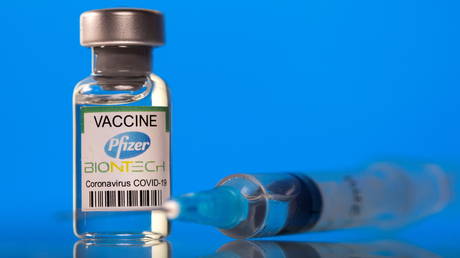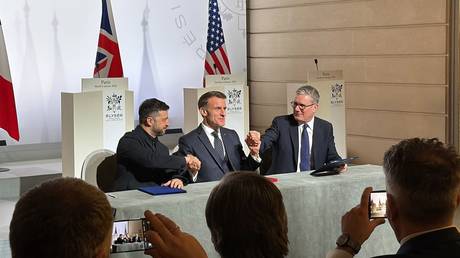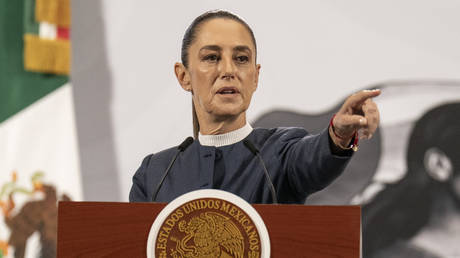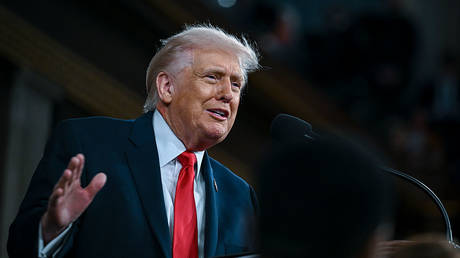
Pfizer, BioNTech and South Africa’s Biovac institute have announced that they have struck a deal to produce the mRNA Covid vaccine in the country, a move that could see up to 100 million doses manufactured annually.
The Cape Town-based Biovac Institute, Pfizer and BioNTech announced their collaboration to produce Covid vaccines in South Africa on Wednesday. The installation of equipment, technical transfers and on-site development will begin immediately to prepare the institute for the manufacturing process.
Pfizer and BioNTech assume that the South African facility will be incorporated into the vaccine supply chain at the end of 2021. If all processes go to plan, South Africa will be able to manufacture Pfizer-BioNTech Covid vaccinations in 2022. According to the collaboration declaration, “annual production will exceed 100 million doses”, which will all be distributed amongst the 55 member states of the African Union.
The recent collaboration comes as welcome news, with the CEO of Biovac, Dr Morena Makhoana, saying: “We believe this collaboration will create opportunity to more broadly distribute vaccine doses to people in harder-to-reach communities, especially those on the African continent.”
A report published on July 15 by the World Health Organization’s (WHO) Africa branch revealed how dire Covid vaccine inequity is. According to the data, out of Africa’s 1.3 billion population, only 1.5% are fully inoculated. The WHO had also warned about the surging case and death rates. One million cases were reported across the African continent in one month alone, as well as a 43% increase in the death toll in just one week.
Pfizer and BioNTech claim that their ethos is to make their vaccine as accessible as possible worldwide. Ugur Sahin, the CEO and co-founder of BioNTech, shared that “we aim to enable people on all continents to manufacture and distribute our vaccine whole ensuring the quality of the manufacturing process and doses.”
Pfizer and BioNTech have shipped over one billion Covid-19 vaccines to over 100 countries globally. The companies pledged in May to provide two billion doses, across two years, to low- and middle-income countries in 2021 and 2022.
Like this story? Share it with a friend!




